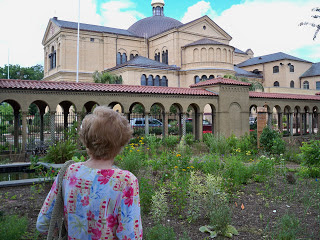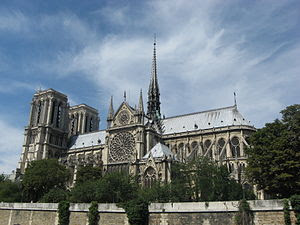Remembering Mom

I’m remembering Mom today on the fourth anniversary of her passing. So much has happened since she died, so many changes in my own life and the life of our country. I often wonder what she would make of them.
She would be surprised by my “new” job, not so new anymore. It’s strange to think she knew nothing of this chapter of my life, a chapter I didn’t anticipate, with its travel to faraway places and writing about some of the world’s neediest people. She would approve … to a point. But she would also be encouraging me to write another book.
As for the life of the country, Mom (a lifelong Democrat who grew more conservative with age) saw enough of the 2016 campaign-to-come to offer this pithy observation of the Trump phenomenon: “It’s the right message but the wrong messenger.”
I’m thankful that both she and Dad were spared having to live through the rancor and divisiveness of these times. In that sense, their exits were perfectly timed.
But of course, I wish they were both still here. And today I especially miss my strong, beautiful, intelligent, inspirational, one-of-a-kind mother.
(Mom at the Franciscan Monastery in Washington, D.C. )



